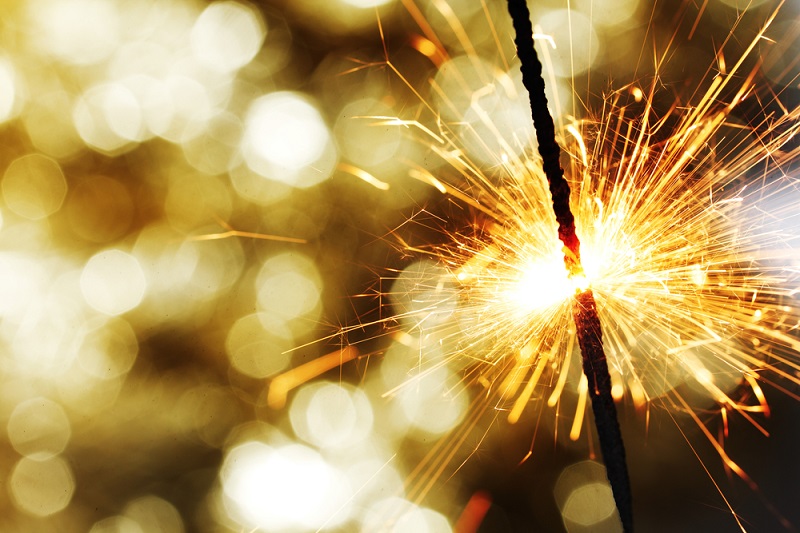Hand sanitizer and fireworks don't mix, experts warn
The combination of hand sanitizer and fireworks is a "recipe for disaster."

Get the world’s most fascinating discoveries delivered straight to your inbox.
You are now subscribed
Your newsletter sign-up was successful
Want to add more newsletters?

Delivered Daily
Daily Newsletter
Sign up for the latest discoveries, groundbreaking research and fascinating breakthroughs that impact you and the wider world direct to your inbox.

Once a week
Life's Little Mysteries
Feed your curiosity with an exclusive mystery every week, solved with science and delivered direct to your inbox before it's seen anywhere else.

Once a week
How It Works
Sign up to our free science & technology newsletter for your weekly fix of fascinating articles, quick quizzes, amazing images, and more

Delivered daily
Space.com Newsletter
Breaking space news, the latest updates on rocket launches, skywatching events and more!

Once a month
Watch This Space
Sign up to our monthly entertainment newsletter to keep up with all our coverage of the latest sci-fi and space movies, tv shows, games and books.

Once a week
Night Sky This Week
Discover this week's must-see night sky events, moon phases, and stunning astrophotos. Sign up for our skywatching newsletter and explore the universe with us!
Join the club
Get full access to premium articles, exclusive features and a growing list of member rewards.
Don't use hand sanitizer if you're handling fireworks this Fourth of July, experts warn. That's because hand sanitizers typically contain 60% to 70% alcohol, which is highly flammable. And fireworks — well, the word "fire" is in the name.
"Alcohol and fire do not mix," National Safety Council (NSC) spokesperson Maureen Vogel told CNN. "You shouldn't pair flammable items; it's the proverbial recipe for disaster."
Related: The weirdest fireworks injuries ever
Even sparklers burn at temperatures of about 2,000 degrees Fahrenheit (1,093 degrees Celsius), according to the Consumer Product Safety Commission (CPSC), making them an easy ignition source. Fireworks should be kept away from all flammable materials, according to the NSC.
Handling fireworks shortly after applying hand sanitizer, while the alcohol's residue is still on your hands, could increase the risk of a burn injury, Dr. Dhaval Bhavsar, medical director of the University of Kansas Medical System's Burnett Burn Center, told local news outlet KSHB.
Because of this risk, both Vogel and Bhavsar recommended washing hands with soap and water if handling consumer fireworks.
Get the world’s most fascinating discoveries delivered straight to your inbox.
You should also be aware of the overall risks of consumer fireworks, which are illegal in some cities. The NSC advises consumers not to use fireworks at home. Fireworks start an average of 18,500 fires each year, according to the NSC.
What's more, fireworks send thousands to the emergency room every year. In 2019, for instance, there were an estimated 10,000 firework-related injuries treated in ERs and 12 firework-related deaths in the U.S, with nearly three quarters of injuries happening around the Fourth of July, according to the CPSC.
For those who do decide to use fireworks, the CPSC has number of safety tips, including never allowing young children to play with fireworks (including sparklers), never placing any part of your body directly over fireworks when lighting a fuse, never pointing or throwing fireworks at anyone, and never trying to relight or handle fireworks that do not ignite (these should be soaked in water and thrown away).
Originally published on Live Science.

Rachael is a Live Science contributor, and was a former channel editor and senior writer for Live Science between 2010 and 2022. She has a master's degree in journalism from New York University's Science, Health and Environmental Reporting Program. She also holds a B.S. in molecular biology and an M.S. in biology from the University of California, San Diego. Her work has appeared in Scienceline, The Washington Post and Scientific American.
 Live Science Plus
Live Science Plus










